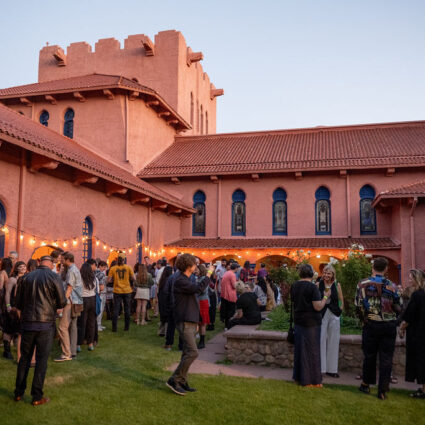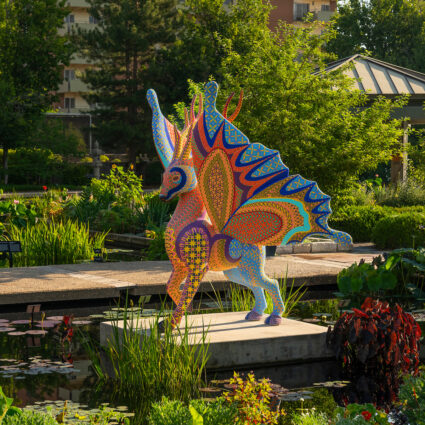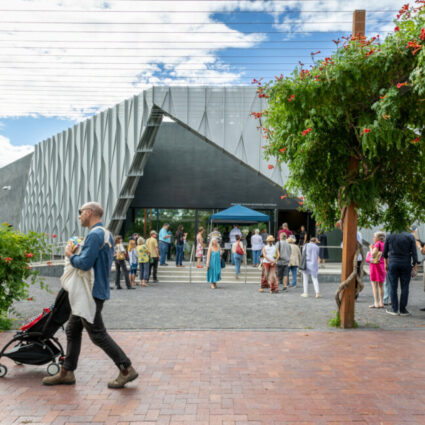Mi’Jan Celie Tho-Biaz, a Santa Fe cultural worker and oral historian, holds a series of live talks this week that spotlight the distinct nature of BIPOC cultural work.
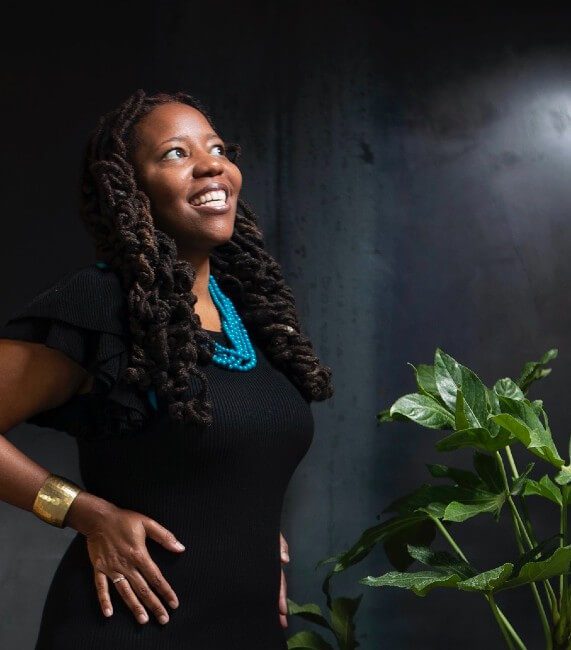
ALBUQUERQUE, NM—For years, there has been a curious and off-kilter viewpoint in the country’s consciousness about art and artists, says Mi’Jan Celie Tho-Biaz, a Santa Fe cultural worker, oral historian, and fellow at the John F. Kennedy Center for the Performing Arts.
“There’s this idea that cultural work and art are essential, but the people who are making cultural work aren’t deemed essential,” says Tho-Biaz. She cites a 2003 Urban Institute study, which concludes that ninety-six percent of Americans valued art in their lives, but only twenty-seven percent of respondents said that artists contribute “a lot” to the good of society.
“How do you get one without the other? It’s like saying that we love and need food, but farmers, umm, thumbs down,” laughs Tho-Biaz.
Today, Tho-Biaz kicks off the Kennedy Center’s fiftieth-anniversary celebrations in Washington, D.C. with a weeklong series of conversations that will focus on the role of intergenerational BIPOC (Black, Indigenous, People of Color) cultural workers and creators. Transcriptions of the live interviews will eventually be compiled into a book, which Tho-Biaz hopes will reach not only BIPOC artists but also others in the creative field, ranging from educators and policymakers to philanthropists and funders, who are in the position to guide the arts ecosystem in healthy and inclusive directions.
Tho-Biaz views herself as a restorative storyteller, which she explains is a balancing act of extracting past and present experiences and considerations.
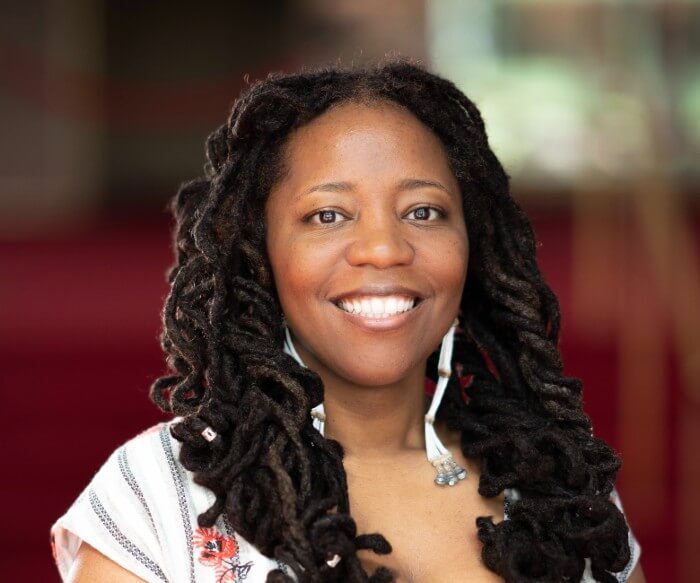
“I collect stories that speak to honoring our past, whether it’s our individual or collective cultural pasts, in ways that also make meaning of our present that continue into a future that’s liberated, equitable, and accessible for all,” Tho-Biaz says.
“I think of DJs who dust off their grandparents’ record collection and how they make new beats, rhymes, and songs,” she says. “They contemporize and build off of what already exists in fresh, exciting, and invigorating ways but that have this honorable essential root. That’s what I do with stories. Let’s take a second to honor the people who have come before us to harvest those stories, but then let’s amplify them in really exciting, amazing, creative, and contemporary ways.”
For the series of conversations, which continue daily through Saturday, September 11, the 2019-2020 Kennedy Center Citizen Artist Fellow will “start weaving and pulling out generative themes and golden threads” in response to the questions: what is it that thriving BIPOC cultural workers and creatives need, and how have they been able to create these amazing careers?
At press time, a partial list of confirmed interviewees included artist and curator Jasper Wong, artist and activist Favianna Rodriguez, rapper, poet, and activist Mona Haydar, labor activist and writer Bill Fletcher Jr., and Pura Belpré award-winning writer Lilliam Rivera.
“I’m especially curious to hear what Carlyle Brown has to say because he’s an elder,” explains Tho-Biaz about the playwright and performer who’s a Guggenheim Fellow and a United States Artists Fellow. “The arts can be very youth-centric, so I want to know his recipe for his particular success that might be applicable to other people.”
It’s free to attend the in-person conversations (if you happen to be in the D.C. area) as well as the virtual version, but registration is required.
